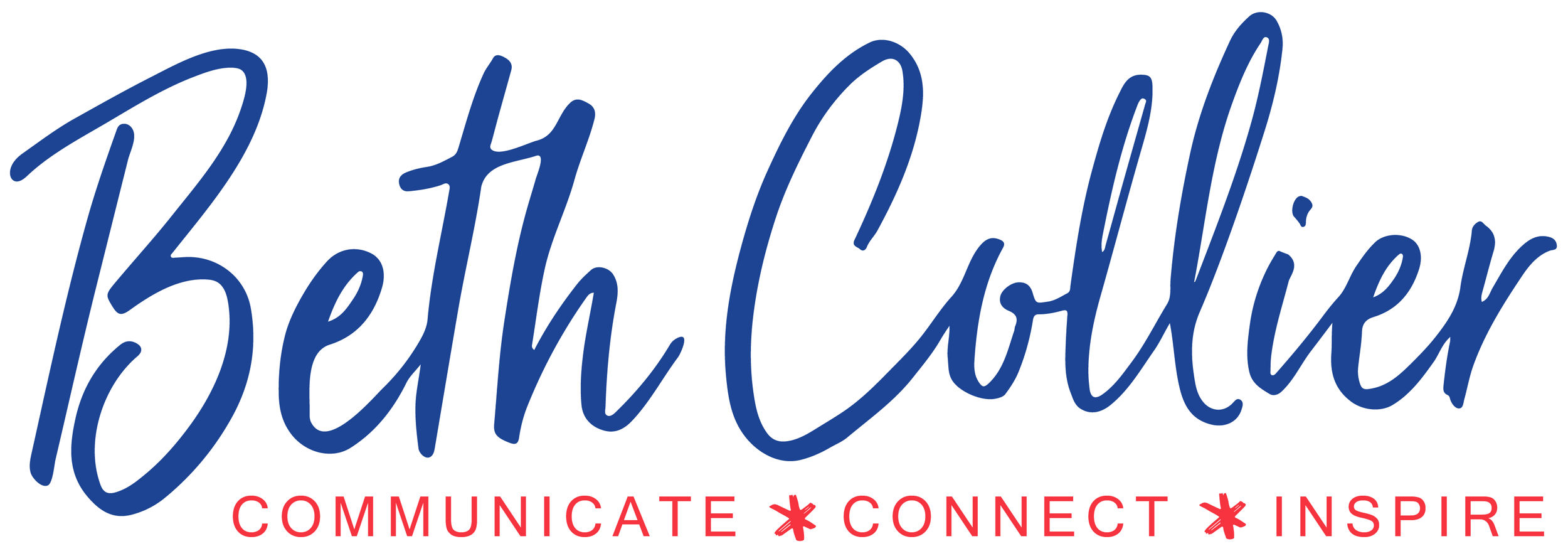The One Thing We Can Do to Make Social Media Better
Yesterday as I began scrolling through LinkedIn, I noticed a post with a clickbait type of opener.
‘I can’t believe what happened this weekend’ or something like that.
The post was made by a woman, and under her post was a picture of a man. He was smiling and looked to be in his late 40s.
My LinkedIn feed has had a lot more selfies and photos lately, so I didn’t think much about it, though I expected the man in the photo would be the subject of the post.
I took the bait of the first line and clicked to open the post.
The woman explained that over the weekend her healthy husband had had a heart attack…
The way the post was written I expected it was going to be a reminder to seize the day, call your loved ones, etc.
But this story didn’t have a happy ending.
He died.
As you might expect, the post got a lot of attention. There were a lot of reactions and comments, with a lot of people offering her condolences.
But with any post that gets that kind of attention, I knew what else she’d get.
I didn’t have to look long before I saw comments questioning her husband’s cause of death.
‘He probably died from high cholesterol rather than a heart attack’ was the hypothesis of someone who was not a medical professional.
Others picked at her for describing her husband as ‘healthy’ in the post, noting that her husband looked overweight in the photo. They went on to speculate the variety of medical problems he could have had if he was overweight.
I stopped reading at this point, though I imagine there were other people criticizing her for making the post at all, the ‘save this for facebook’ kind of response that is becoming all too common.
But let’s park the woman’s motives (and whether you agree with her choice to share this or not), and let’s look at the message:
Her husband died.
When someone loses a loved one, the decent thing to say is ‘I’m sorry for your loss’ or something to that effect.
It’s not the time to say, ‘Well, you know all that drinking was bad for his liver’ or ‘Smoking kills – clearly’ or ‘She really should have stayed out of the sun.’
Those comments are NOT helpful when someone is grieving the loss of a loved one.
And I really don’t know why people would take time out of their day to comment like that.
It’s not like they accidentally said something that could be seen as rude or hurtful.
THEY TYPED IT.
The great thing about typing is that you have time to consider your thoughts and review your words before saying them out loud.
So here is my request today: Please remember that there is a person reading your comments.
And your words are powerful.
Your words can make someone feel heard, supported, and validated.
Your words can make someone feel challenged (in a good way) and help them learn and grow.
And your words can make someone feel hurt, ignored, and attacked.
So remember the power of your words, and choose them carefully.
And if you don’t have anything constructive or helpful to say, please, just SCROLL ON.
***********************************************************
Beth Collier loves writing, pop culture, and people who are kind.
She also loves helping companies, leaders, and teams improve their communication (and creativity and leadership) through consulting, coaching, and workshops.
Her clients benefit from Beth’s global corporate experience, Midwestern practicality and enthusiasm – and an endless supply of pop culture references.
To find out how Beth can help you become a more confident, creative, and compelling leader – or improve communication in your company – visit www.beth-collier.com or drop her a line at beth@beth-collier.com

